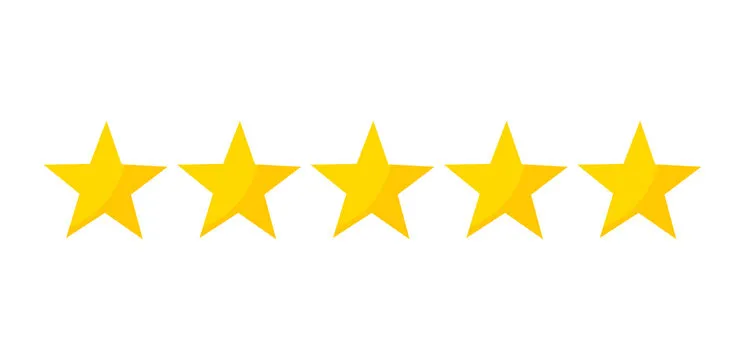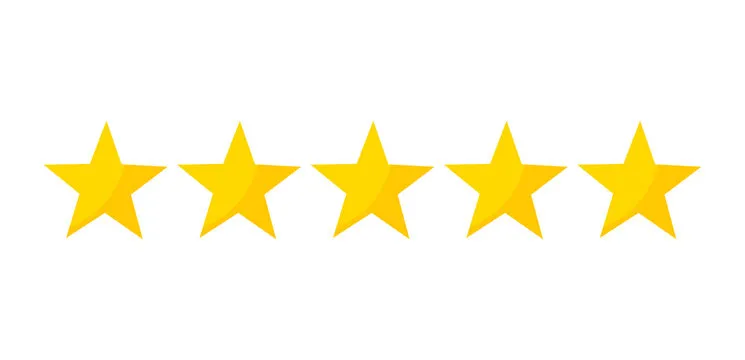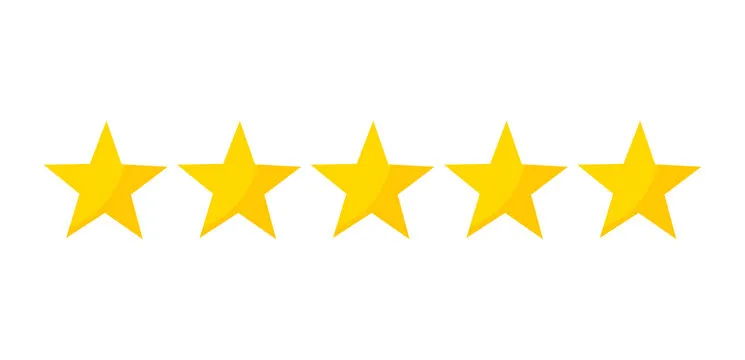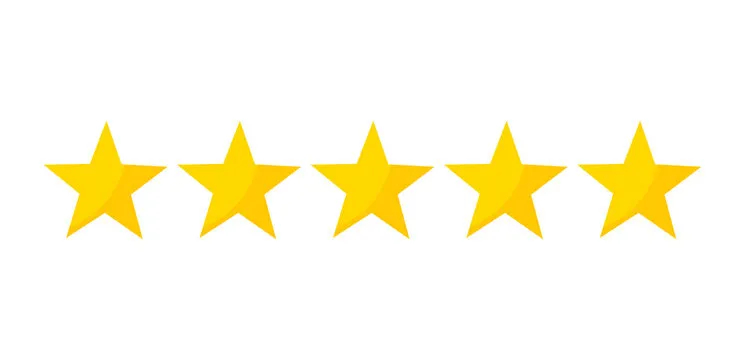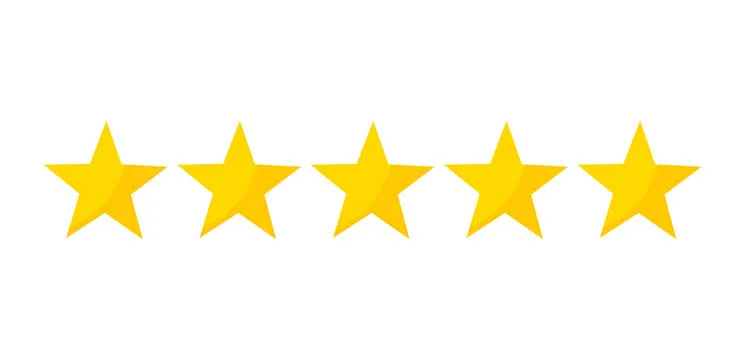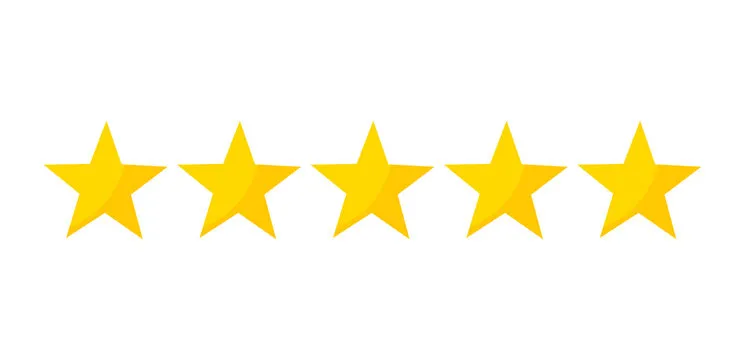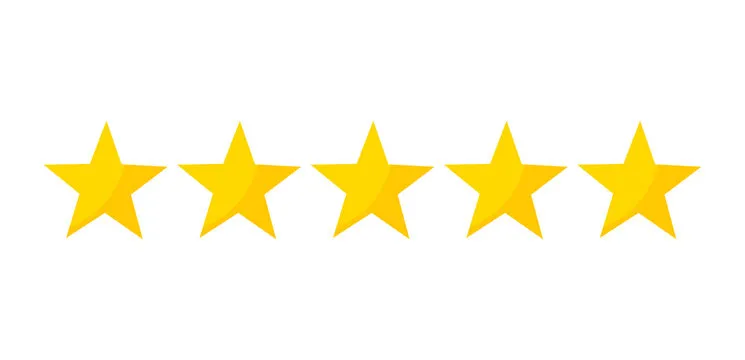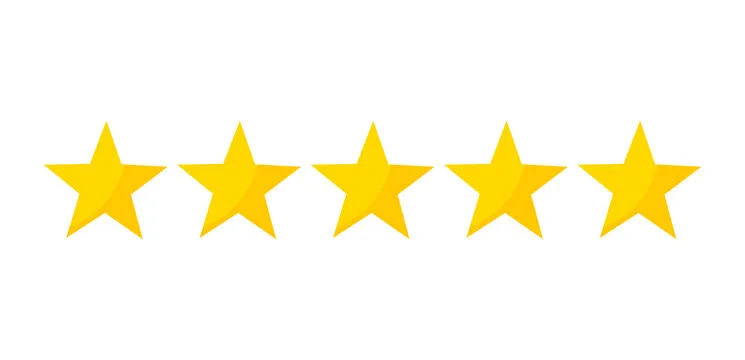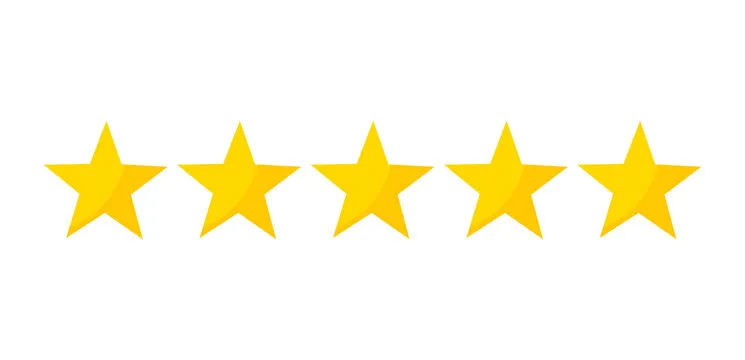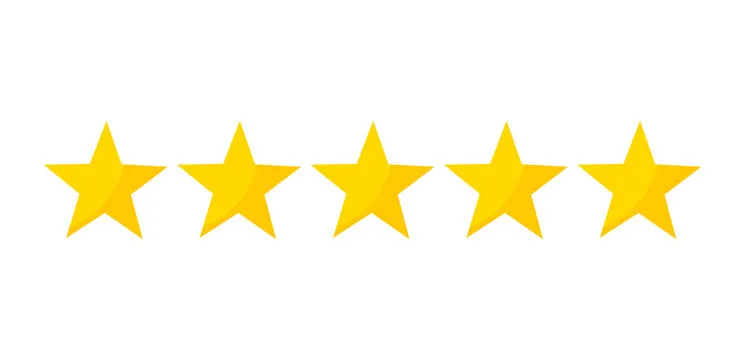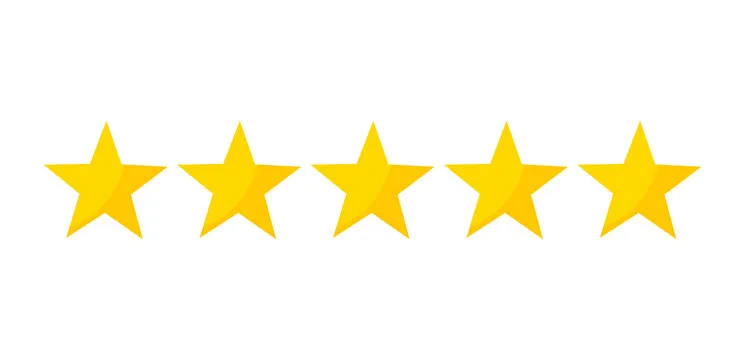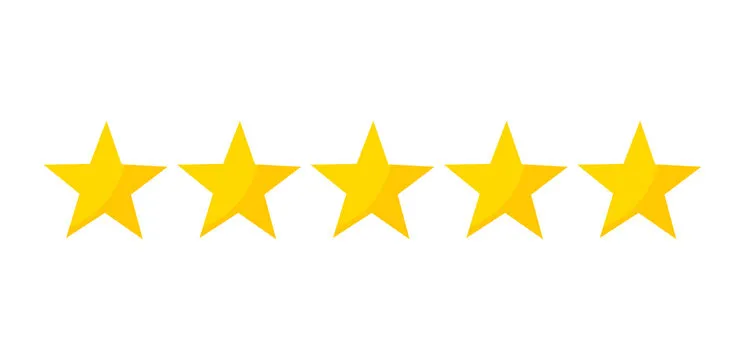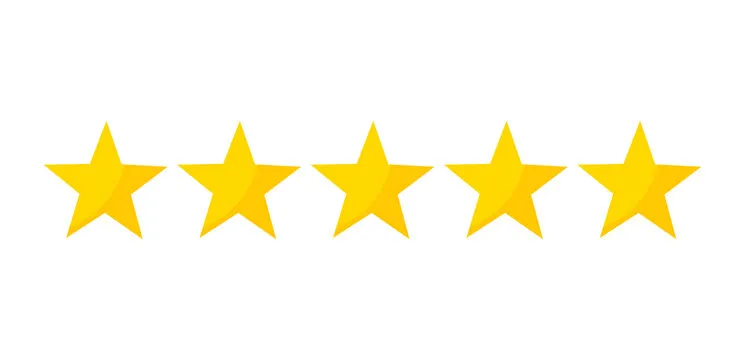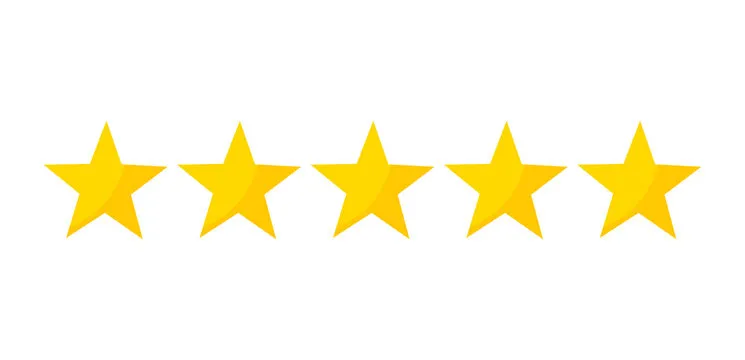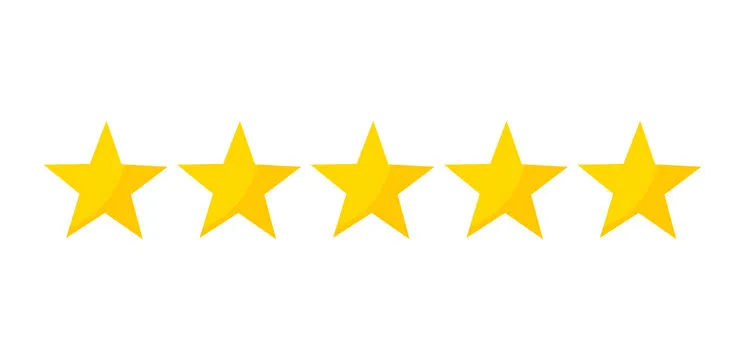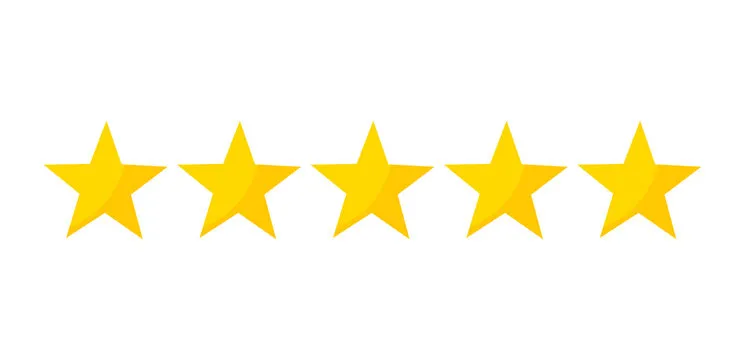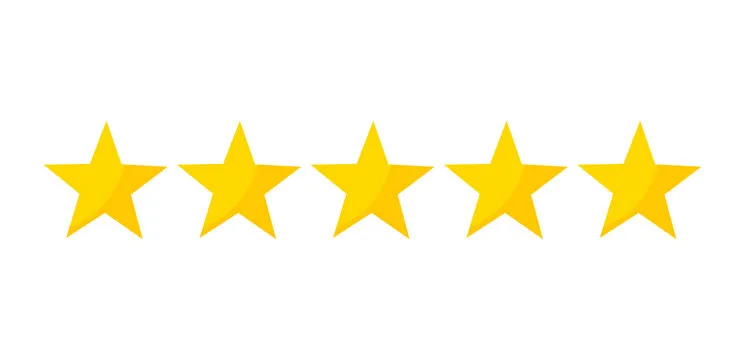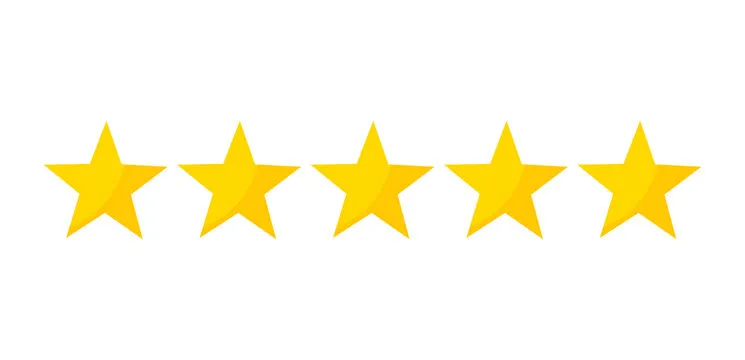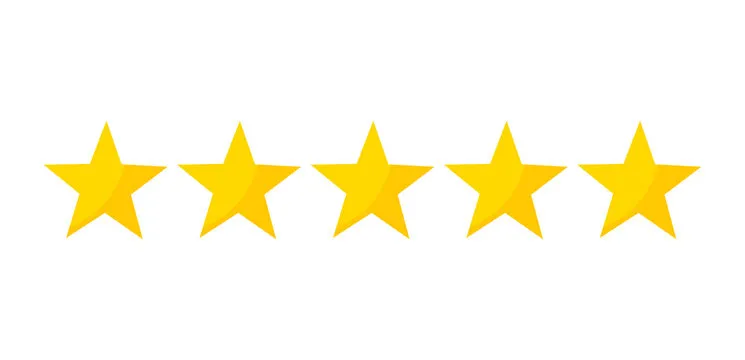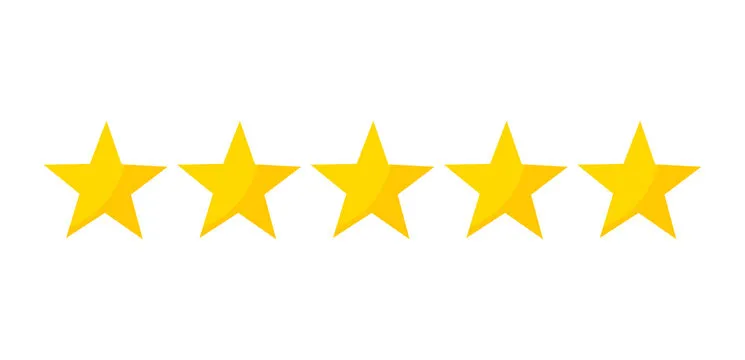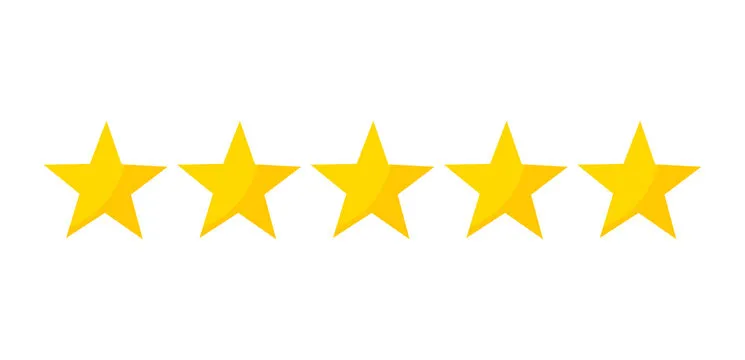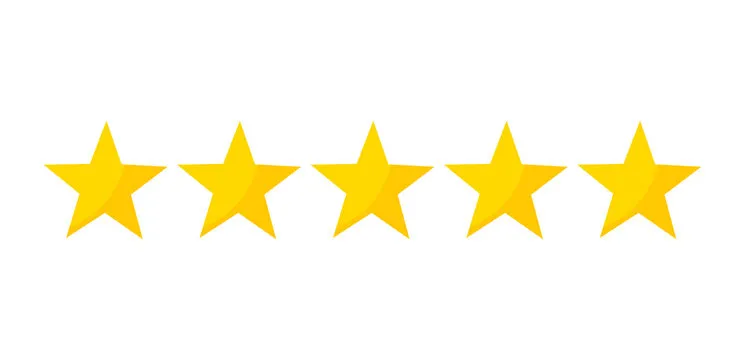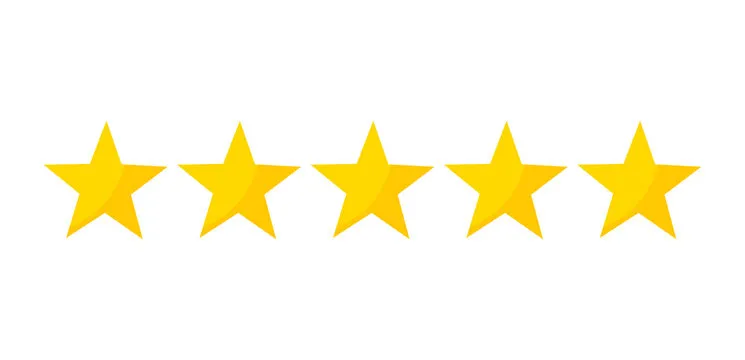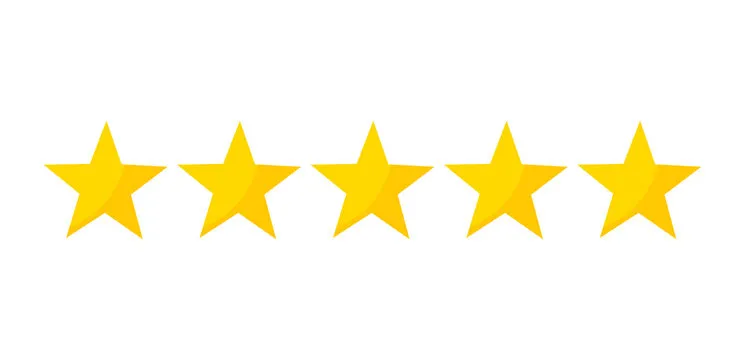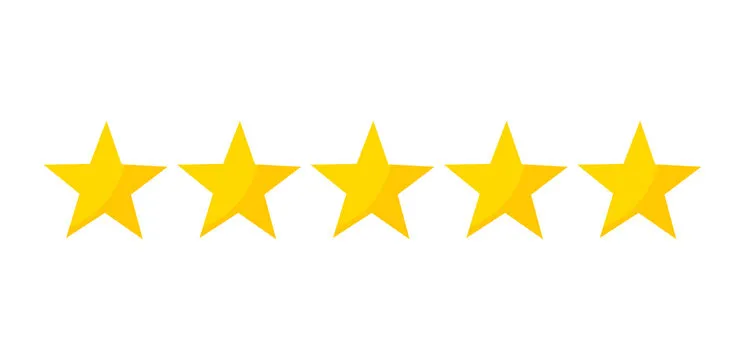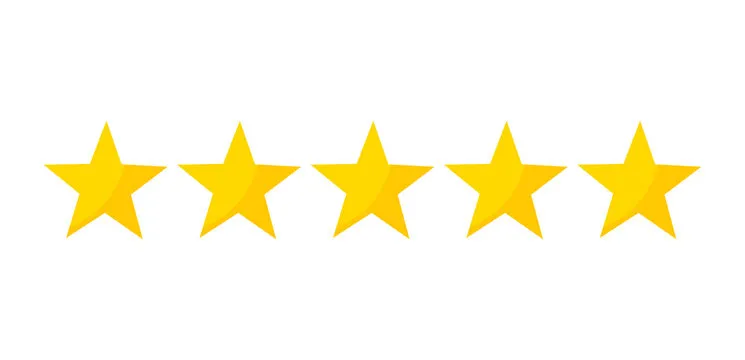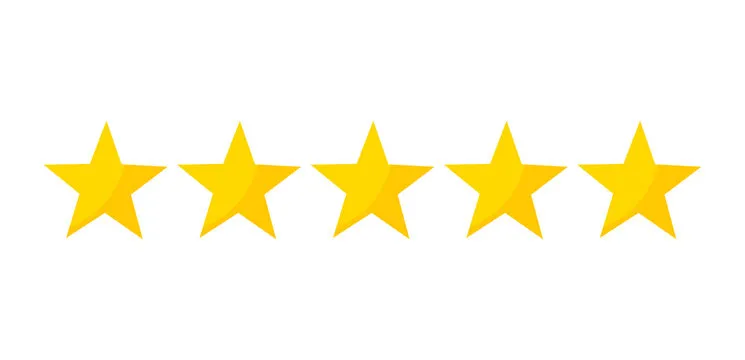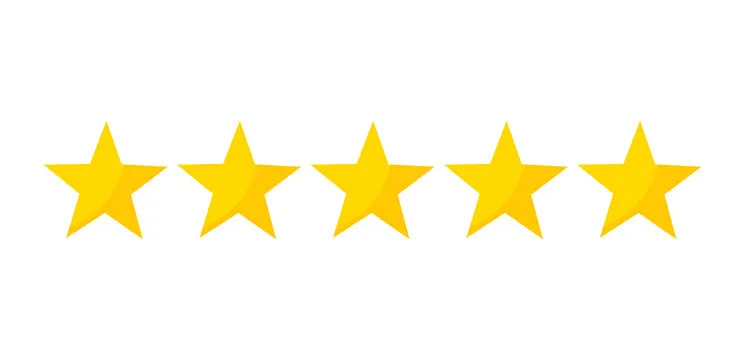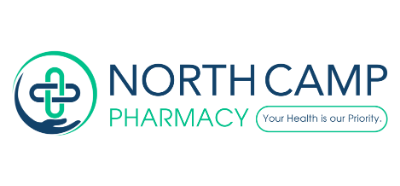
If you have breast cancer, you should be assigned a multidisciplinary team (MDT), which is a group of specialists who work together to provide the best treatment and care.
The main treatments for breast cancer are:
You may have one of these treatments, or a combination. The type or combination of treatments you have will depend on how the cancer was diagnosed and the stage it's at.
Breast cancer diagnosed at routine screening may be at an early stage, but breast cancer diagnosed when you have symptoms may be at a later stage and require a different treatment.
Your MDT should discuss with you which treatments are most suitable.
When deciding what treatment is best for you, your doctors will consider:
You should be able to discuss your treatment with your care team at any time and ask questions.
The online tool Predict helps you see how different treatments for early invasive breast cancer might affect you.
Surgery is usually the first type of treatment for breast cancer. The type of surgery you have will depend on the type of breast cancer you have.
Surgery is usually followed by chemotherapy or radiotherapy or, in some cases, hormone or targeted therapies.
Again, the treatment you'll have will depend on the type of breast cancer.
Your doctor will discuss the most suitable treatment plan with you. Chemotherapy or hormone therapy will sometimes be the first treatment.
Treatment aims to achieve remission, where cancer shrinks or disappears, and you feel able to enjoy a good quality of life.
Most breast cancers are discovered at an early stage.
A small proportion of women discover they have breast cancer after it has already spread to other parts of the body (metastasis), and for some women breast cancer may come back after initial treatment.
In these cases, the type of treatment you have may be different. Secondary cancer, also called "advanced" or "metastatic" cancer, is not curable.
There are 2 main types of breast cancer surgery:
In many cases, a mastectomy can be followed by reconstructive surgery to try to recreate a breast.
Studies have shown that breast-conserving surgery followed by radiotherapy is as successful as total mastectomy at treating early-stage breast cancer.
Breast-conserving surgery ranges from a lumpectomy or wide local excision, where the tumour and a little surrounding breast tissue is removed, to a partial mastectomy or quadrantectomy, where up to a quarter of the breast is removed.
If you have breast-conserving surgery, the amount of breast tissue that is removed will depend on:
Your surgeon will always remove an area of healthy breast tissue around the tumour, which will be tested for traces of cancer.
If there's no cancer present in the healthy tissue, there's less chance that the cancer will return.
If cancer cells are found in the surrounding tissue, more tissue may need to be removed from your breast.
After having breast-conserving surgery, you'll usually be offered radiotherapy to destroy any remaining cancer cells.
A mastectomy is the removal of all the breast tissue, including the nipple.
If there are no obvious signs that the cancer has spread to your lymph nodes, you may have a mastectomy, where your breast is removed, along with a sentinel lymph node biopsy.
If the cancer has spread to your lymph nodes, you'll probably need more extensive removal (clearance) of lymph nodes from the area under your arm (axilla).
Breast reconstruction is surgery to make a new breast shape that looks as much as possible like your other breast.
Reconstruction can be done at the same time as a mastectomy (immediate reconstruction), or it can be done later (delayed reconstruction).
It can be done either by inserting a breast implant or by using tissue from another part of your body to create a new breast.
To find out if the cancer has spread, a procedure called a sentinel lymph node biopsy may be done.
The sentinel lymph nodes are the first lymph nodes that the cancer cells reach if they spread. They're part of the lymph nodes under your arms (axillary lymph nodes).
The position of the sentinel lymph nodes varies. They're identified using either a combination of a radioisotope and a blue dye, or a magnetic liquid (Magtrace).
The sentinel lymph nodes are examined in the laboratory to see if there are any cancer cells present. This provides a good indicator of whether the cancer has spread.
If there are cancer cells in the sentinel nodes, you may need further surgery to remove more lymph nodes from under your arm.
Radiotherapy uses controlled doses of radiation to kill cancer cells. It's usually given after surgery and chemotherapy to kill any remaining cancer cells.
If you need radiotherapy, your treatment will begin about a month after your surgery or chemotherapy to give your body a chance to recover.
You'll probably have radiotherapy sessions 3 to 5 days a week, for 3 to 5 weeks. Each session will last a few minutes.
The type of radiotherapy you have will depend on the type of breast cancer and the type of surgery you have. Some women may not need to have radiotherapy at all.
Types of radiotherapy include:
Side effects of radiotherapy include:
Chemotherapy involves using anti-cancer (cytotoxic) medicine to kill cancer cells.
It's usually used after surgery to destroy any cancer cells that have not been removed. This is called adjuvant chemotherapy.
In some cases, you may have chemotherapy before surgery, which is often used to shrink a large tumour. This is called neo-adjuvant chemotherapy.
Several different medicines are used in chemotherapy, and 2 to 3 are often given at once.
The choice of medicine and the combination will depend on the type of breast cancer you have and how far it has spread.
Chemotherapy is usually given as an outpatient treatment, which means you will not have to stay in hospital overnight.
The medicines are usually given through a drip straight into a vein.
In some cases, you may be given tablets that you can take at home. You may have chemotherapy sessions once every 2 to 4 weeks and then have a break. Each treatment session is known as a cycle. You may have up to 8 cycles of chemotherapy.
The main side effects of chemotherapy are caused by its influence on normal, healthy cells, such as immune cells.
Side effects of chemotherapy include:
Many side effects can be prevented or controlled with medicines that your doctor can prescribe.
Chemotherapy medicine can also stop the production of oestrogen in your body, which is known to encourage the growth of some breast cancers.
If you have not experienced the menopause, your periods may stop while you're having chemotherapy treatment.
After you have finished the course of chemotherapy, your ovaries should start producing oestrogen again.
But this does not always happen and you may enter an early menopause. This is more likely in women over 40, as they're closer to menopausal age.
Your doctor will discuss with you the impact that treatment will have on your fertility.
If your breast cancer has spread beyond the breast and lymph nodes to other parts of your body, chemotherapy will not cure the cancer, but it may shrink the tumour, relieve your symptoms and help lengthen your life.
Some breast cancers are stimulated to grow by the hormones oestrogen or progesterone, which are found naturally in your body. These are known as hormone receptor-positive cancers.
Hormone therapy lowers the levels of oestrogen or progesterone hormones in your body or stops their effects.
The type of hormone therapy you have will depend on the stage and grade of the cancer, which hormone it's sensitive to, your age, whether you have experienced the menopause, and what other type of treatment you're having.
You'll probably have hormone therapy after surgery and chemotherapy, but it's sometimes given before surgery to shrink a tumour and make it easier to remove.
Hormone therapy may be used as the only treatment for breast cancer if your general health prevents you having surgery, chemotherapy or radiotherapy.
In most cases, you'll need to take hormone therapy for 5 years or more after having surgery.
If the type of breast cancer you have is not sensitive to hormones, hormone therapy will have no effect.
Tamoxifen stops oestrogen from binding to oestrogen-receptor-positive cancer cells. It's taken every day as a tablet or liquid.
If you have experienced the menopause, you may be offered an aromatase inhibitor.
This type of medicine blocks aromatase, a substance that helps the body to produce oestrogen after the menopause. Before the menopause, oestrogen is made by the ovaries.
3 aromatase inhibitors may be offered. These are anastrozole, exemestane and letrozole. These are taken as a tablet once a day.
In women who have not yet experienced the menopause, oestrogen is produced by the ovaries.
Ovarian ablation or suppression stops the ovaries working and producing oestrogen.
Ablation can be done using surgery or radiotherapy. It permanently stops the ovaries from working and means you'll experience the menopause early.
Ovarian suppression involves using a medicine called goserelin, which is a luteinising hormone-releasing hormone agonist (LHRHa).
Your periods will stop while you're taking it, although they should start again once your treatment is complete.
If you're approaching the menopause (around the age of 50), your periods may not start again after you stop taking goserelin.
Goserelin comes as an injection you have once a month.
Targeted therapies are medicines that change the way cells work and help to stop cancer from growing and spreading. Not all types of breast cancer can be treated with targeted therapies
The targeted therapy most commonly used to treat breast cancer is trastuzumab (also known by the brand name herceptin).
Other targeted therapies include abemaciclib (brand name Verzenios), and palbociclib (brand name, Ibrance). These are used alongside hormone therapy treatments such as fulvestrant to treat certain types of breast cancer. You may be offered them if the cancer has spread to other parts of your body.
Abemaciclib is also used for primary breast cancer if it's likely to come back after treatment such as surgery.
Targeted therapies come as tablets or injections or are given through a drip into a vein.
Side effects of targeted therapies include:
Some of the medicines used to treat breast cancer can make you more vulnerable to infections. You should contact your care team immediately if you develop possible symptoms of infection, such as:
If you have been through the menopause, you may be offered bisphosphonates (zoledronic acid or sodium clodronate).
Recent research has shown they may help to reduce the risk of breast cancer spreading to your bones and elsewhere in your body.
Bisphosphonates will probably be given to you at the same time as chemotherapy, either directly into a vein or as tablets.
Rarely, they can cause kidney problems and osteonecrosis of the jaw (when bone in the jaw dies).
Your doctor will explain the benefits and possible side effects before starting this treatment.
Dealing with cancer can be a huge challenge for you and your family and friends. It can cause emotional and practical difficulties.
Many women with breast cancer will have to cope with the removal of part or all of a breast, which can be very upsetting.
It often helps to talk about your feelings or other difficulties with a trained counsellor or therapist. You can ask for this kind of help at any stage of your illness.
Your hospital doctor, specialist nurse or GP can refer you to a counsellor.
If you're feeling depressed, talk to a GP. A course of antidepressants may help, or a GP can refer you to see a counsellor or psychotherapist.
It can also help to talk to someone who's been through the same thing as you. Many breast cancer charities have helplines and online forums and staff can also put you in touch with other women who have had cancer treatment.
A great deal of progress has been made in breast cancer treatment, and more women now live longer and have fewer side effects from treatment.
These advances were discovered in clinical trials, where new treatments and treatment combinations are compared with standard ones.
All cancer trials in the UK are carefully overseen to ensure they're worthwhile and conducted safely.
If you're invited to take part in a trial, you'll be given information about it and, if you want to take part, you'll be asked to sign a consent form.
You can refuse or withdraw from a clinical trial without it affecting your care.
Complementary therapies are therapies that may help improve physical and emotional wellbeing.
They're given alongside conventional treatments and include:
Complementary therapies can help some women cope with their diagnosis and treatment, and provide a break from their regular treatment plan.
Your hospital or breast unit may be able to provide access to complementary therapies or suggest where you can get them.
It's important to speak to your breast cancer specialist nurse about any complementary therapy you wish to try to make sure it does not interfere with your conventional treatment.
It's possible for your doctor to prescribe a medicine outside the uses it's licensed for if they're willing to take personal responsibility for this 'off-licence' use of treatment.
Your local integrated care board (ICB) may need to be involved, as it would have to decide whether to support your doctor's decision and pay for the medicine from NHS budgets.
